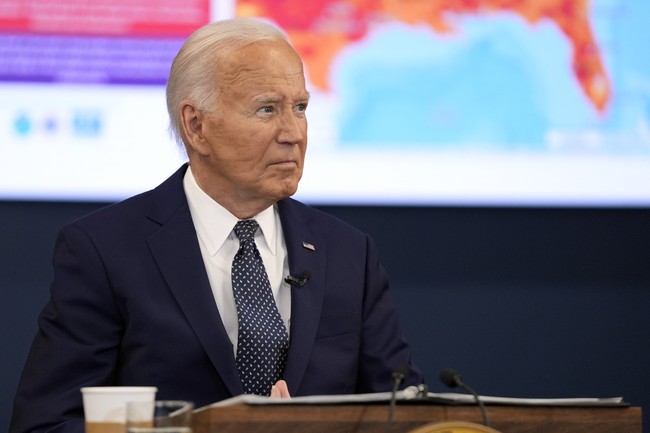Trump's Immigration Comments Stir Debate
Donald Trump has sparked controversy with recent remarks linking immigrants to crimes, claiming their actions may be genetic, drawing both support and condemnation.
Published October 08, 2024 - 03:10am

Image recovered from arabnews.com
In a recent development within the American political landscape, former President and 2024 Republican presidential candidate Donald Trump has reignited discussions on immigration with incendiary comments. Trump suggested that immigrants in the United States, particularly those convicted of murder, may have committed such crimes due to genetic predispositions. This assertion has not only attracted significant attention but also intense criticism and analysis across the political spectrum.
Trump made these controversial statements during an interview on a conservative radio show, where he claimed there are 'a lot of bad genes' in the country, attributing this to the influx of immigrants. He cited data purportedly from the Department of Homeland Security, which reports over 13,000 individuals being convicted of homicide and over 425,000 having criminal records. Trump used these figures to criticize the immigration policies implemented by his Democratic opponent, Vice President Kamala Harris, suggesting they have allowed such individuals to enter and reside in the United States.
In defense of Trump's words, his campaign clarified that the focus was on murderers, distinct from migrants in general. Karoline Leavitt, Trump's campaign press secretary, provided a statement to this effect, attacking the media for allegedly shielding illegal criminals at the expense of critical coverage of the former President. Meanwhile, the data cited by Trump has been labeled misleading by officials from the Department of Homeland Security, noting that these statistics include historical records spanning decades, well before the current administration.
The backlash from Trump's comments was swift and came from various quarters, including the White House. Karine Jean-Pierre, the White House press secretary, labeled Trump's language as hateful and inappropriate, emphasizing that such rhetoric has no place in American discourse. Furthermore, Trump's remarks evoke past accusations of him leveraging racially insensitive language, reminiscent of his previous statements comparing migrants to animals or suggesting they spread diseases.
The timing of Trump's remarks is particularly noteworthy, as they come amidst the heightened tensions of the 2024 election campaign. Immigration remains a pivotal issue, with Trump leveraging it to solidify his base by promising the most extensive deportation operation if reelected. Conversely, Vice President Kamala Harris, representing the Democrats, is under pressure to present a firm stance on immigration to counter Trump's aggressive rhetoric.
Despite Trump's stark warnings about migrant crime, various studies suggest that immigrants do not commit crimes at higher rates than native-born citizens. This discrepancy highlights the complex dynamics of the immigration debate, where perceptions and political narratives often clash with empirical data.
Moreover, the discussion around immigration intersects with broader themes of gene-based arguments, which have historically been linked to harmful ideologies. Trump's accusations about genetic predispositions among certain immigrant groups have drawn parallels to past discriminatory rhetoric, raising alarms among human rights advocates and political opponents alike.
As Trump continues to double down on these points, the divide within American society over immigration policy only seems to widen. The rhetoric used in this debate not only influences voter sentiment but also reflects deeper societal attitudes towards diversity and inclusion in the United States. With the elections approaching, how these issues are addressed could significantly impact the political landscape.






